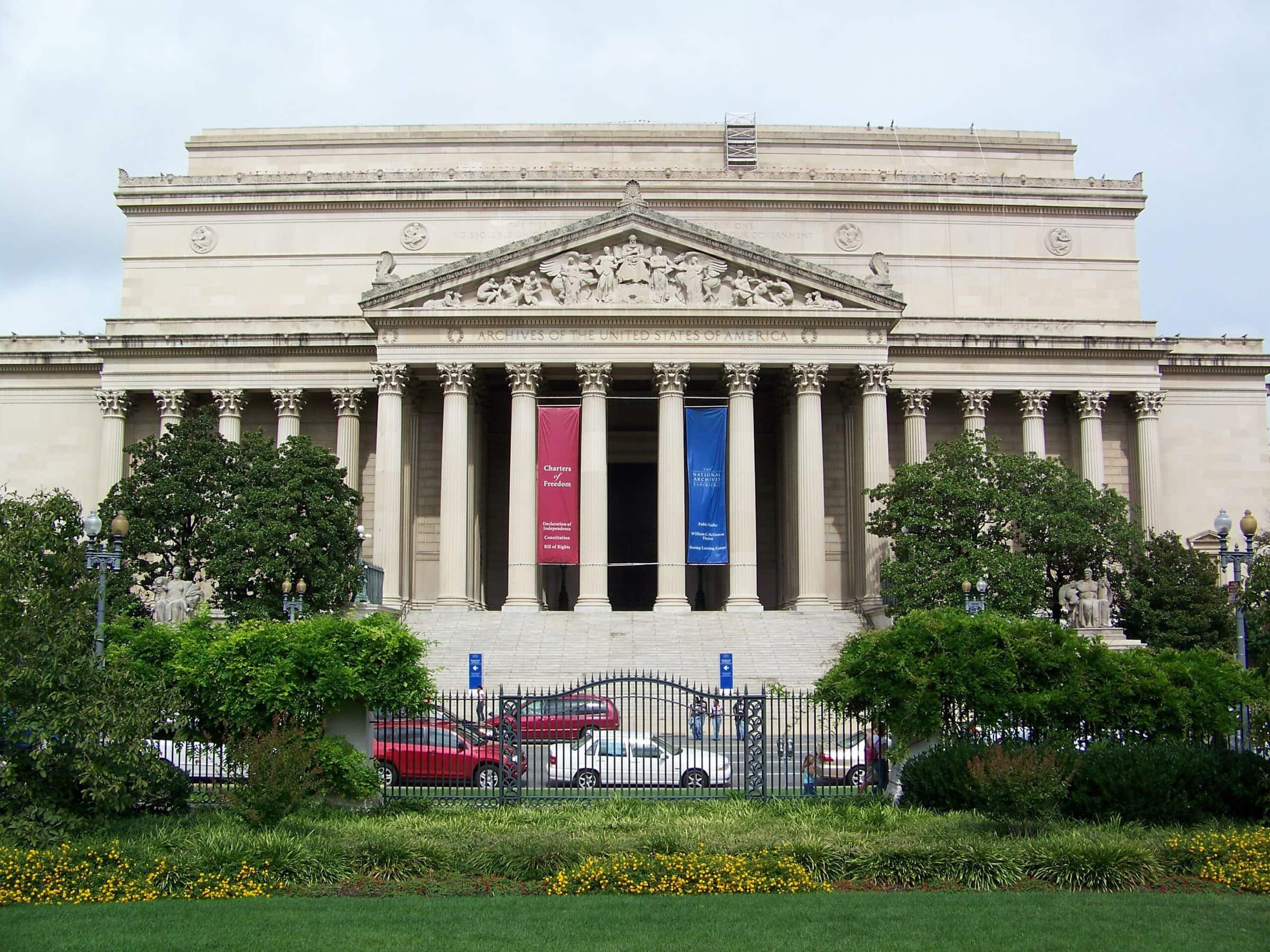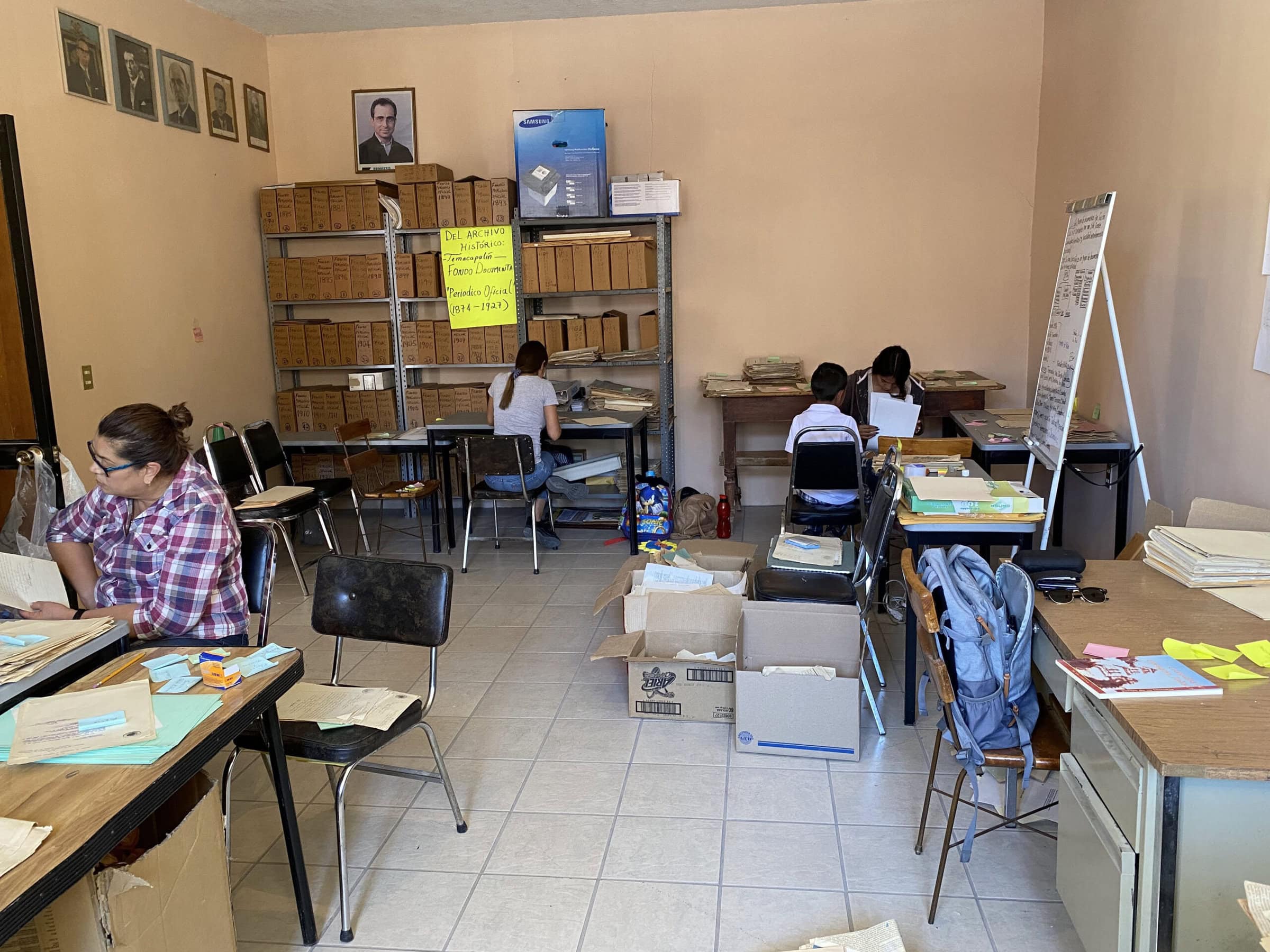An archive of oral history recordings housed at Boston College and focused on the Irish Republican Army has been subpoenaed by the U.S. government at the request of British legal authorities as part of an “an investigation into murders and kidnappings committed nearly 40 years ago.” (NY Times; see also the coverage in the Boston Globe). The U.S. response to the British request raises complex and difficult questions about the legal status and ethical issues surrounding confidentiality agreements for oral histories, and about the roles and responsibilities of oral historians and archives relative to such agreements.
The facts of the situation remain somewhat murky. Those wishing to place the case in its larger legal context might begin with John Neuenschwander’s A Guide to Oral History and the Law (Oxford University Press, 2009), especially Chapter 3, “Compelled Release of Interviews:Subpoenas and FOIA Requests.” The Association recommends that scholars conducting oral history interviews read and follow the Oral History Association’s “Principles and Best Practices for Oral History.”
This post first appeared on AHA Today.
This work is licensed under a Creative Commons Attribution-NonCommercial-NoDerivatives 4.0 International License. Attribution must provide author name, article title, Perspectives on History, date of publication, and a link to this page. This license applies only to the article, not to text or images used here by permission.



